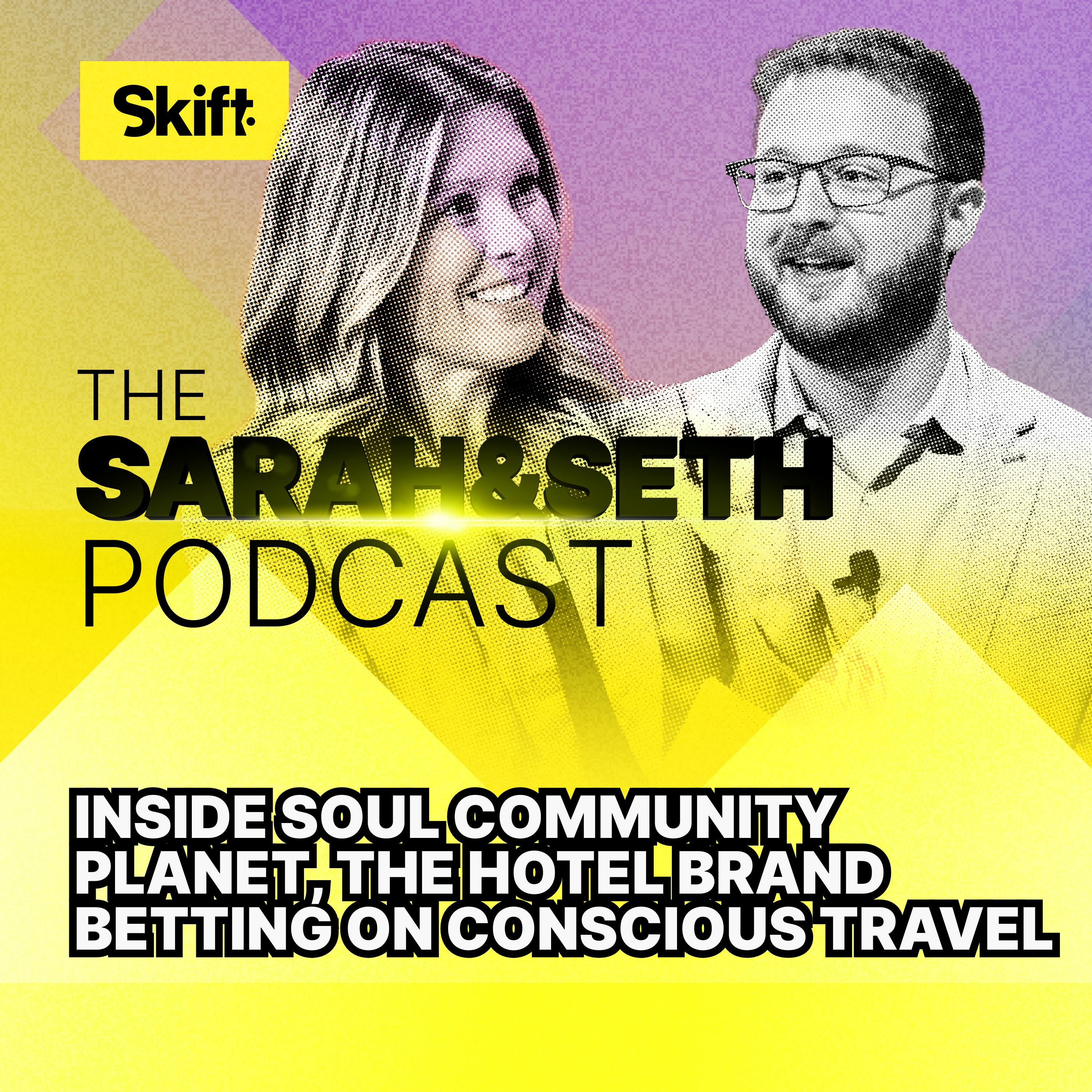
The Skift Travel Podcast

Basic Member
Similar Podcasts
"Subscriptions: Scaled - Online subscription services, Subscription business, SaaS subscriptions" is a podcast hosted by Nick Fredrick.
The Keen On Yoga Podcast, hosted by Adam Keen.
WealthAbility® for CPAs, hosted by Tom Wheelwright.
Dental Protection Australia podcast, hosted by the Dental Protection advisory team.
The Brand Strategy Podcast, hosted by Bonnie Bakhtiari.
ScaleHQ Podcast, hosted by Sean Steele.
SaaS Insider is a show about SaaS
The Speak to Scale Podcast, hosted by Jessica Rasdall.

















